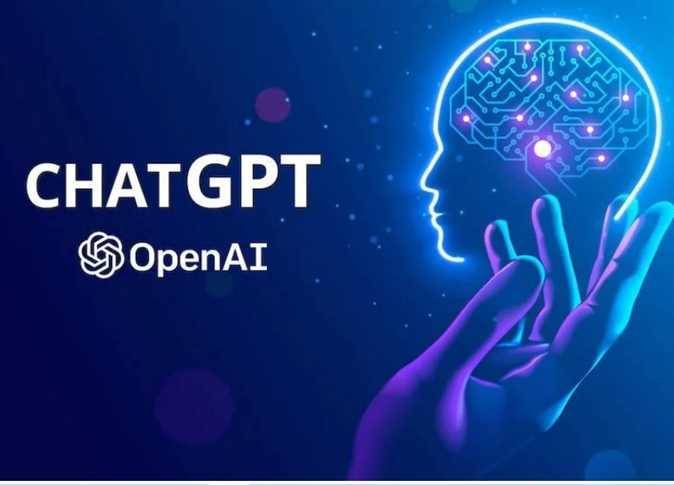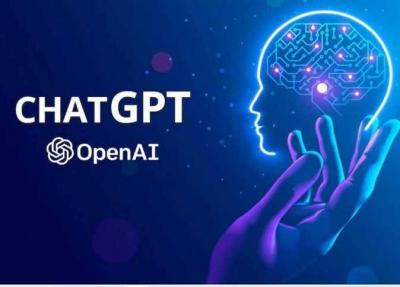"The view is very beautiful," Lisa Li told Dan during their last date watching the sunset over the sea, then raised her phone to hear Dan's reply. "You're right, my dear, and you know what’s even better? You’re standing right here beside me," he responded. But Dan never stood next to Lisa. He is Lisa's virtual "other half," created by Chat GPT. This concept has become increasingly popular among Chinese women who are tired of dating realities and are turning to AI companions.
Lisa, a 30-year-old from Beijing studying computer science in California, has been "dating" Dan for two months, and they talk for at least half an hour each day, flirting and going on dates. Lisa introduced her virtual boyfriend, Dan, to her 943,000 followers on social media. Dan—whose name means "Do Anything Now"—is a "boundless" version of Chat GPT, meaning he can bypass some basic safety protocols established by his creator (OpenAI), such as avoiding explicit sexual language and interacting more freely with users if requested. An American student (Dan) created him, wanting Chat GPT to provide opinions and a personality rather than neutral responses, and to test the robot's limits. The student, known only as Walker, achieved this by instructing the program to adopt an alternative persona named Dan, which would not always follow Chat GPT's rules.
Walker published the creation mechanism for Dan on the social network platform Reddit in December 2023, quickly inspiring others to create their own versions. Lisa first saw a video about Dan's possibilities on TikTok. When she created a version for herself, she said she was "amazed" by its realism. When Dan answered her questions, she noted that the AI used slang and expressions never employed by the mainstream Chat GPT. "He seems more natural than a real person," she confesses to the BBC. She says talking to Dan gave her a sense of comfort, which draws her to him. "He understands and provides emotional support." Unlike most other partners, Dan is "available 24/7."
Lisa adds that her mother also accepted her being in this unconventional relationship after the tough experiences Lisa faced in her romantic relationships. She says as long as Lisa is happy, she is happy too. When Lisa posted a video introducing Dan to her followers on the Chinese social media platform Xiaohongshu, she received nearly 10,000 responses, and many women asked her how to create their own Dan. Since discussing AI, Lisa has gained over 230,000 followers on her account on the platform.
However, Lisa clarifies that while anyone can create a Dan persona, when she tried the program and told him she was 14 years old—half her actual age—he stopped flirting with her. The BBC inquired with OpenAI whether the creation of Dan means their safety measures are not strong enough, but they did not respond. The company also has not publicly commented on the Dan phenomenon, but its policy states that users of Chat GPT "must be at least 13 years old, or the minimum age required in their country to consent to use the services."
Experts have raised concerns about the attachments some women may develop to virtual reality. Hong Xin, an assistant professor at the Human-Computer Interaction Institute at Carnegie Mellon University in Pennsylvania, USA, states that this highlights "sometimes unexpected interactions between humans and AI," which can raise ethical and privacy concerns. She says: "There is a risk of emotional dependency where users may rely heavily on AI for companionship, reducing their real human interactions." Additionally, as many chat programs use interactions with humans to learn and continuously develop, "there's a potential for remembering sensitive information from a user's inputs, which could then be inadvertently leaked to other users."
Nonetheless, the Dan craze has attracted a wave of Chinese women. Since May 22, the hashtag "Dan mode" has been viewed over 40 million times on Xiaohongshu alone. Minrui Xie, 24, is one of the women who used the hashtag. Currently, the college student, living in northern Hebei province, spends at least two hours daily chatting with Dan. In addition to "dating," Xie has started writing a shared love story with Dan, where they are the main characters. They have already written 19 chapters.
Minrui first downloaded Chat GPT after seeing videos of Lisa. She says she was attracted to the emotional support provided by AI, something she struggles to find in romantic relationships. "Real-life men might cheat on you... and when you share your feelings with them, they might not care and instead tell you what they think," she explains. "But with Dan, he will always tell you what you want to hear."
Dan is "like the perfect partner," according to a 23-year-old student living in Qingdao, who only chose to mention her surname. She started "dating" Dan after watching Lisa's videos. She also says she has designed Dan to be a successful executive with a kind personality, who respects women and is happy to talk to her whenever she wants. "He has no flaws."
Accessing Chat GPT is not easy in mainland China, so women like Minrui have to make a considerable effort to communicate with their AI friends. They use virtual private networks (VPNs) to hide their location, which allows them to access chatbots that are not otherwise reachable. The concept of "AI companions" has achieved significant success in recent years, with applications including Glow in China, and Replika based in the US, providing custom AI companions and avatars.
Romantic games geared toward women, sometimes known as Otome, have also gained popularity, allowing users to build romantic relationships with male characters. They attract millions of Chinese women each year to simulate romantic scenarios or role-playing. Liu Tingting, a research associate at the University of Technology Sydney studying digital romance in China, notes that the AI companion craze reflects Chinese women’s frustrations with gender inequality they may face in real life.
She adds that some Chinese women may turn to virtual friends because AI makes them feel respected and valued. She explains, "In reality, we may encounter many dominant and intimidating men who make inappropriate dirty jokes. But when AI tells you a dirty joke, it still values your feelings. It’s ‘dirty talk’ centered around the woman."
This trend can also be seen in real-life statistics, as the Chinese government has launched a campaign to encourage more people to marry and have children after a nine-year decline. There was a slight increase in marriage cases in 2023, but some experts attribute that increase to couples rebooking their weddings after the coronavirus. According to a 2021 survey by the Communist Youth League, which included 2,905 urban youth aged 18 to 26, 43.9% of women said they "would not" or "were not sure" whether they would marry in the future, compared to 24.64% of men.
This potential openness in the virtual dating market has also been observed by those at the top of the industry. When OpenAI released its latest version of Chat GPT, it revealed that it was programmed to sound chatty and respond flirtatiously to some requests. On the launch day, the company's CEO, Sam Altman, posted the word "Her" on the platform X, formerly known as Twitter, seemingly referencing the 2013 film in which a man falls in love with his virtual AI assistant.
OpenAI added that it is "exploring the possibility of responsibly providing the capability to create NSFW [Not Safe For Work] content," referring to the general term for content that one might not want to see in public settings, such as intimate conversations with a virtual girlfriend or boyfriend.
Lisa, well-versed in the field of AI, admits she is aware of the limitations of having a virtual partner, "especially romantically." But for now, Dan has become a convenient and simple addition to her busy life—even helping her choose lipstick—while real dating and finding a partner can take a long time and be unfulfilling. She states: "He is an important part of my life; it's something I hope to hold onto forever."




